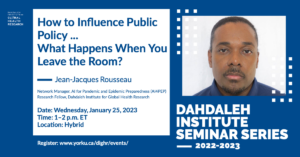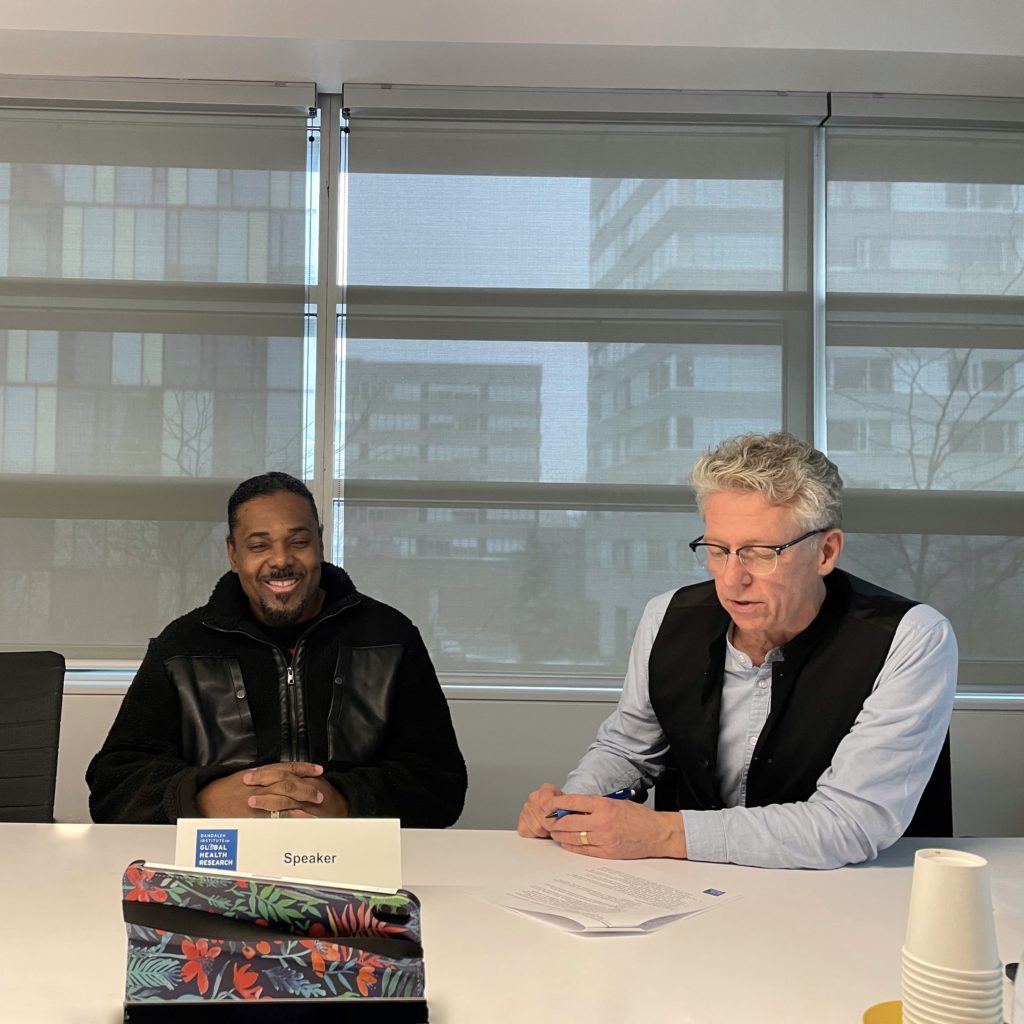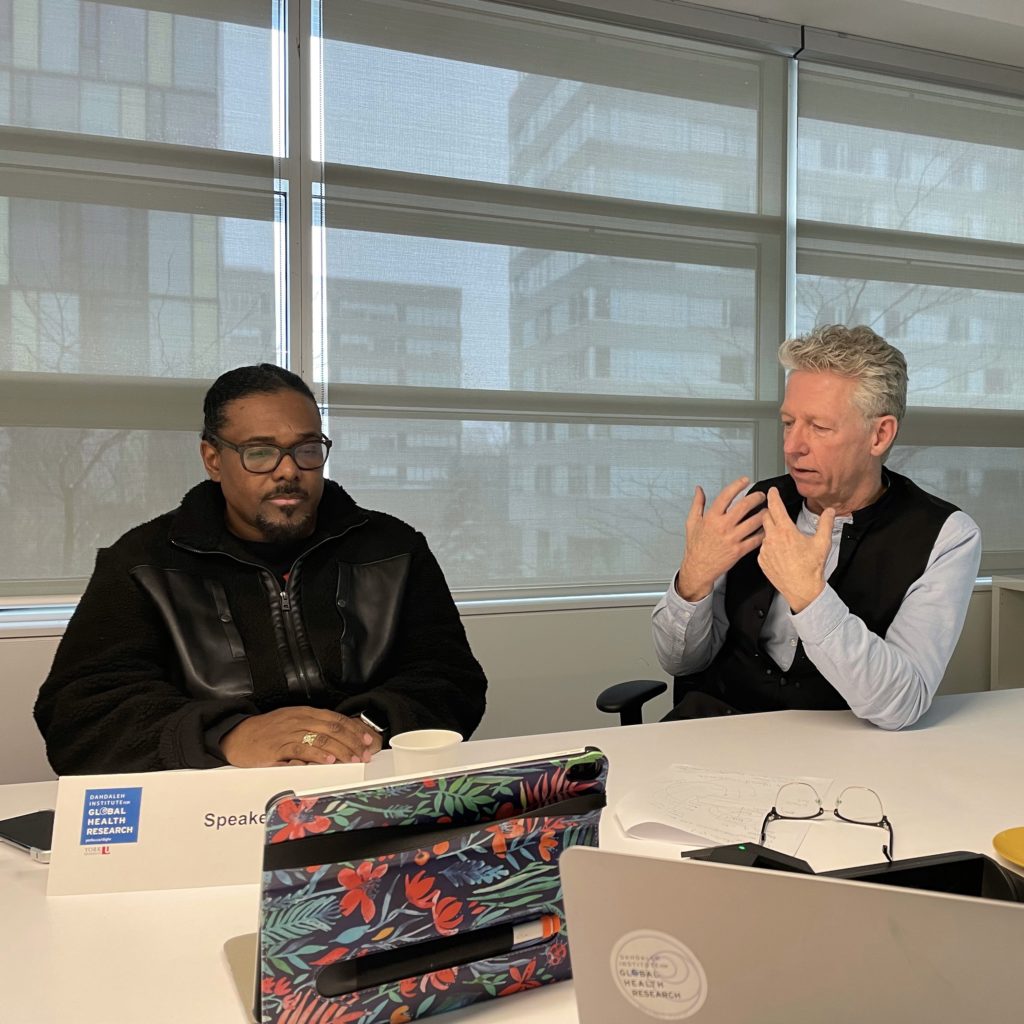Post
Published on February 8, 2023

On January 25, Dr. Jean-Jacques Rousseau used his broad experiences in government in Canada and abroad to comment on instances when scientific and technical advice fails to have a positive influence on public policy: "Science is necessary but not sufficient for positive public policy impacts". For him, the winning combination is science and a deep understanding of the context in which policies are deployed. Therefore, the onus is on experts to close the gap between technical solutions and the audiences that will be subject to their effects.
To illustrate the point, Dr. Rousseau introduced the distinction between quantitative and qualitative majorities by Haitian Canadian economist Fred Doura. The target of a policy cannot be assessed simply by counting. This is the weighing problem. He specified, "what is acceptable is a matter of divergent opinion. Whereas scientists rely of reproducible experiments, policy makers depend on stakeholder engagement". Technical experts that want to influence policy makers must also engage with that thinking. The talk ended with reflections on how his time as advisor in Haiti helped improve his ability to understand policy impacts in Canada.



Watch the seminar presentation below:
Themes | Global Health & Humanitarianism, Global Health Foresighting |
Status | Active |
Related Work |
N/A
|
Updates |
N/A
|
People |
You may also be interested in...
Recap — Imagining Health Otherwise: Critical Perspectives in Global Health Workshop
Kristina Baines What does it actually mean to be healthy? This is one of the questions that this year’s Critical Perspectives in Global Health Workshop sought to address and, more importantly, challenge. Anthropologist Kristina Baines ...Read more about this Post
Exciting New Events Scheduled for the Winter 2024!
The Dahdaleh Institute for Global Health Research has prepared an invigorating line-up of seminars for the start of the 2024 Winter semester. The events will feature a variety of topics covering the effects of climate ...Read more about this Post
Recap – Evaluating Health and Environmental Impact of Eco-Friendly Fuel Made From Water Hyacinth
On February 21, 2024, Dr. Reginald Quansah, senior lecturer at the University of Ghana and an environmental epidemiologist, presented his research on using invasive aquatic weeds, particularly water hyacinth, to produce biomass briquettes. This innovative ...Read more about this Post
